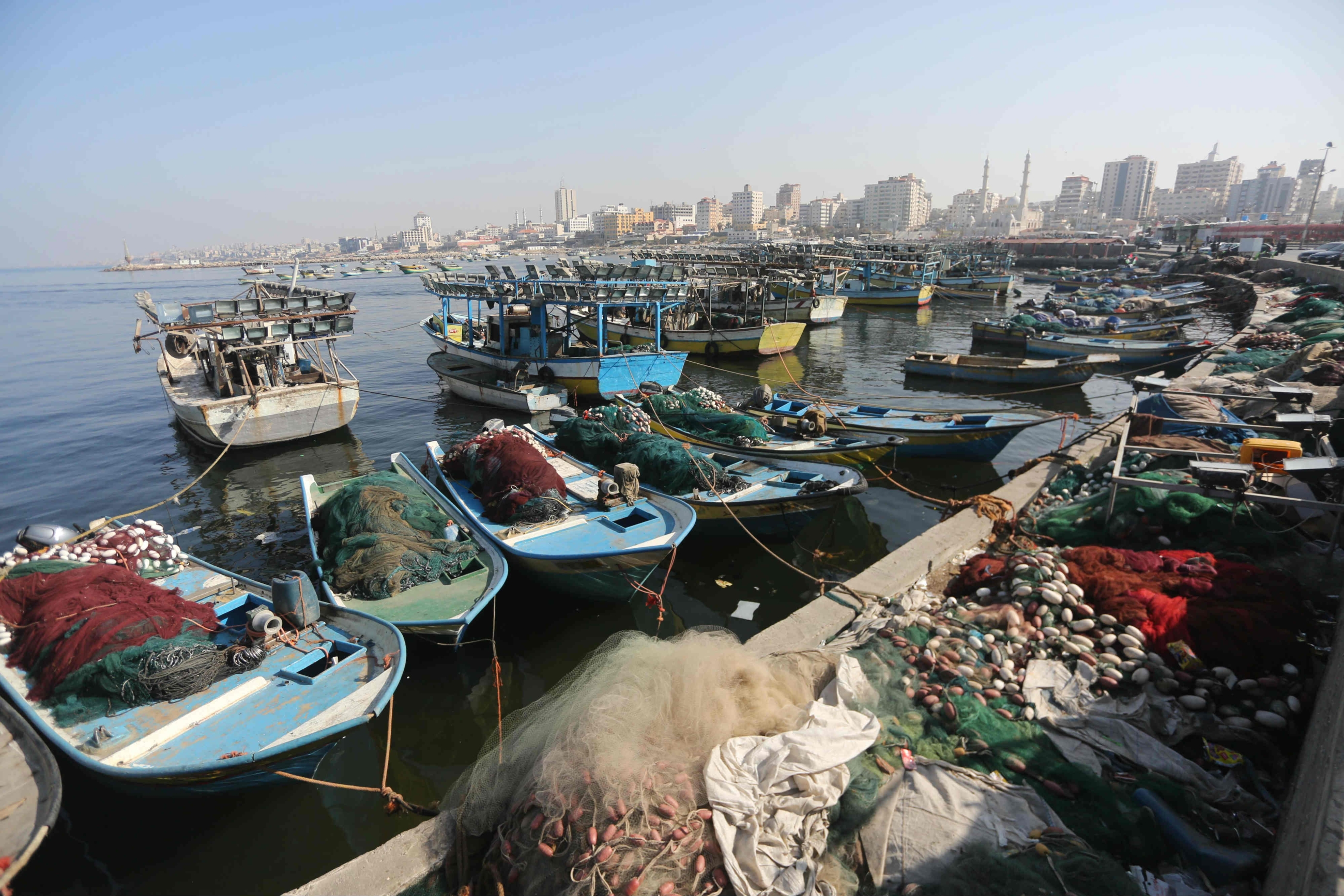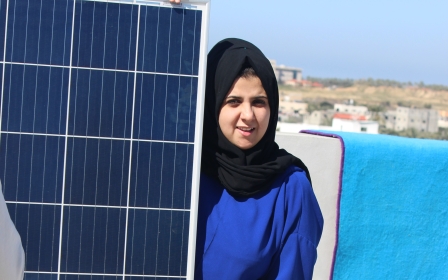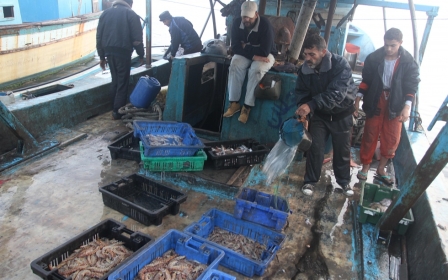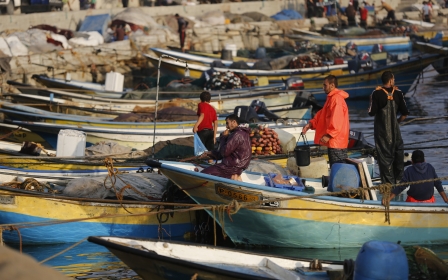Israel cuts Gaza fishing limit after rocket launch from besieged enclave

Israel has reduced the offshore fishing limit it imposes for vessels operating out of the besieged Gaza Strip from Tuesday, following rocket fire from the coastal enclave, officials have said.
Gaza fishermen will now be able to operate no more than six nautical miles into the Mediterranean Sea, down from a limit of up to 15 nautical miles Israel had enforced since 1 April.
The Israeli defence ministry unit that oversees civil matters in the Palestinian territories said the new limit would be in force "until further notice".
A ministry spokeswoman said the decision was taken in the light of a rocket launch from Gaza late on Monday.
The spokeswoman said the rocket fell into the Mediterranean, a few kilometres off the Israeli coast.
An army source claimed the rocket was fired by Islamic Jihad, an ally of the Hamas movement that governs Gaza, the AFP news agency reported.
The source alleged that in recent weeks Islamic Jihad had been "taking steps to harm" efforts to maintain a ceasefire between Israel and Hamas.
"We still consider Hamas responsible for whatever happens in the Strip," the source said.
Crippling blockade
Israel had extended the fishing limit to 15 nautical miles in some areas from 1 April ahead of the 9 April Israeli parliamentary election.
The Gaza fishermen's union said the limit was then set at 15 nautical miles in the south near the Egyptian border, at 12 off central Gaza and at six in the north near the Israeli border.
Israel has maintained a crippling blockade of the Gaza Strip since 2007, which critics say amounts to collective punishment of the impoverished enclave's two million residents.
Egypt also upholds the siege, restricting movement in and out of Gaza on its border.
Middle East Eye propose une couverture et une analyse indépendantes et incomparables du Moyen-Orient, de l’Afrique du Nord et d’autres régions du monde. Pour en savoir plus sur la reprise de ce contenu et les frais qui s’appliquent, veuillez remplir ce formulaire [en anglais]. Pour en savoir plus sur MEE, cliquez ici [en anglais].




